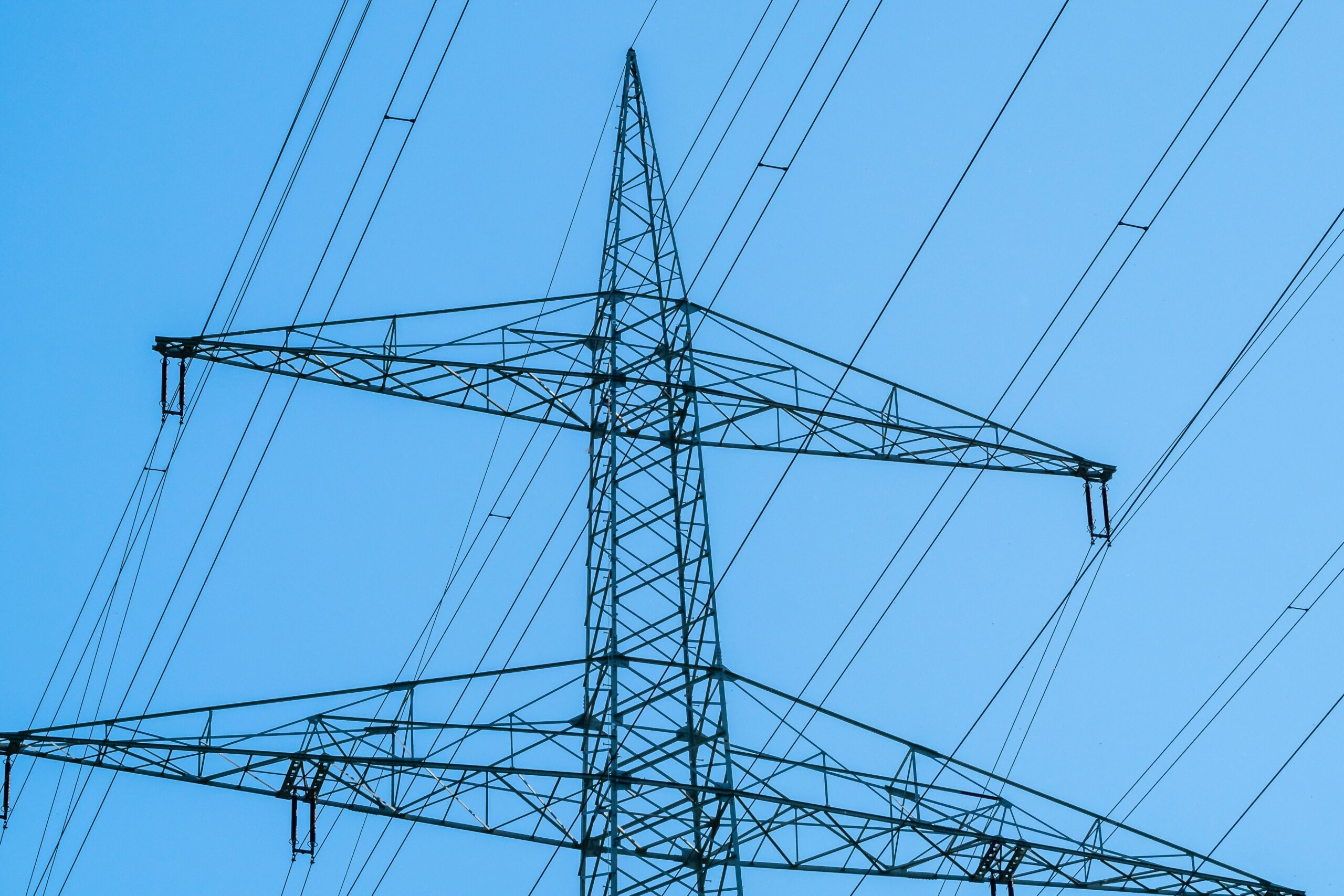Switching from commuting to telework for an extended period could have impacts on everything from your daily routine to your mood to your productivity. It can also change your energy use patterns in ways that you haven’t thought of.
Because we’re all limiting our contact with everyone except our immediate family, spending our days a-la-maison will probably alter our home’s energy use profile. As you use more energy on a daily basis for everyday tasks at home, it can add up to more reason than ever to consider going solar.
But first, you may want to try reduce your energy use before offsetting your remaining utility bill with solar. These common big draws can offer some areas of potential savings, even as you spend more time chez vous.
Your routine
Maybe working from home is your perfect excuse to relax your primping regime, and you’re already saving energy by leaving that blowdryer, flatiron, or curler in the bathroom cabinet for a while. Or, if you still want to look your best for video conferences or you just don’t feel human without heat-treating your mane, you may actually find you’re spending more time getting yourself ready with your power tools, since skipping your commute is giving you back some time in the mornings.
Changes in habits like these can be sneaky saboteurs for your energy savings, so it’s something to be mindful of. And we won’t tell anyone when you’re on second-day (or third-day…) hair, so go ahead and shorten that shower, let your water heater work a little less.
Running computers, monitors, servers and other devices
The home office is more connected and convenient than ever. Telework is now viable for more types of jobs, thanks to the ability to chat with webcam, collaborate with productivity tools like Slack, which Ipsun uses and loves, and even trade stocks at high speed. But the more heavy duty the home office setup is, the more energy it’s likely to consume.
If your work is super time-sensitive or you’re working with web processes or data that simply can’t be interrupted, backing up those systems with Tesla Powerwall and solar can be a great option. By detecting a grid outage quickly and seamlessly kicking in, solar plus storage can offer peace of mind while working remotely.
Heating, cooling, and cooking
Got an electric range, a toaster oven, and microwave? Pretty much however you heat up your lunch you’re going to be using electricity, contributing to a higher bill, and now that’s happening at your house rather than your office lunch room. One tip is to try to fit all your food into one fridge and freezer, as extra ones compound your food storage energy costs quickly. Some utilities will even run programs to offer a cash rebate to homeowners who unplug an extra fridge or freezer that’s sitting in the garage or basement sucking power (and be honest, it’s usually an old one, and older appliances are less efficient) so unless you’re stocking up with perishables to feed an army for a month, consider parting ways with that second refrigerator.
As for heating and cooling, chances are you like your interior a comfortable temperature, which probably has you manually adjusting the temperature or changing the schedule on your programmable thermostat now that you’re homebound. Jimmy Carter’s advice circa the oil crisis to wear a sweater inside on chilly days still holds, but if layering up isn’t your cup of (hot) tea, at least check your attic insulation and consider strips around doors and plastic sheeting on older windows in the winter and summer, and look into Nest if you’d like the ability to change the settings when you’re away from home (or inextricably melted into the couch.)

Pickle says: Put on a sweater instead of turning up the heat!
Your TV break
Hulu time is golden, and we see you putting reruns of Parks and Rec on while you step back from your work-from-home grind. Fortunately, newer TVs tend to be really energy efficient, but be sure to turn it off when you’re not watching (some smart TVs like Roku do this on their own).
The entertainment center is a great place to try out a smart energy-saving outlet expander. You might have heard of vampire power, or the pesky phenomenon that some appliances that sit in standby mode with a little indicator and clock display conceivably using disproportionate power while doing almost nothing. These power strips can let you differentiate between what you want totally unplugged when not in use, like the DVD player, TV or the audio soundbar, and the modem or cable box which needs to still be on standby so it can DVR your new episode of Doctor Who. We’re not sponsored by this product or anything, we just like it.
Powering your telework life with solar
After thinking of all the many ways we use energy, you might start to envision how you’d rather all these things were powered with renewable energy.
In our region, energy usage history has sometimes been a barrier to homeowners’ ability to get as many solar panels as they’ll need in the future. Utilities in our area have the ability to limit the size of a solar installation that’s going to be connected to the grid. This was on the logic that there wouldn’t be a reason for say, someone living alone and using little energy in a large house to cover the entire roof with solar, and export a lot of surplus energy to the grid.
However, this was having the effect of keeping people from being able to offset the majority of their energy bills of the course of the year once they added an electric vehicle, or added new family members, or upgraded their home with new devices.
Now, things have been changing in response to those factors. In Virginia in Dominion territory, new legislation taking effect in July allows customers to install enough solar to meet 150% of their previous year’s demand, and while PEPCO in Washington, DC currently has a 100% limit there is an ongoing process to up it, and Maryland also has a 100% net metering limit.
These limits are outdated and counterproductive, now that more customers may be shifting to being home during the day more often, which also has the environmental benefit of reducing traffic congestion and miles traveled. But the resulting increased household energy consumption may be adverse to grid reliability. Solar and storage are the recipe for helping matters, and a great way you can help reduce the strain on the distribution grid by producing energy in the same location where it’s used, and help reduce the peak amount of energy the utility needs to deliver. Of course, the financial benefit to you with an energy source more affordable than grid energy could be reason enough to choose this moment to go solar.
So while you’re socially distancing or self quarantining, we wish you and your loved ones good health and energy freedom, and we appreciate you thinking about energy during this critical time.




